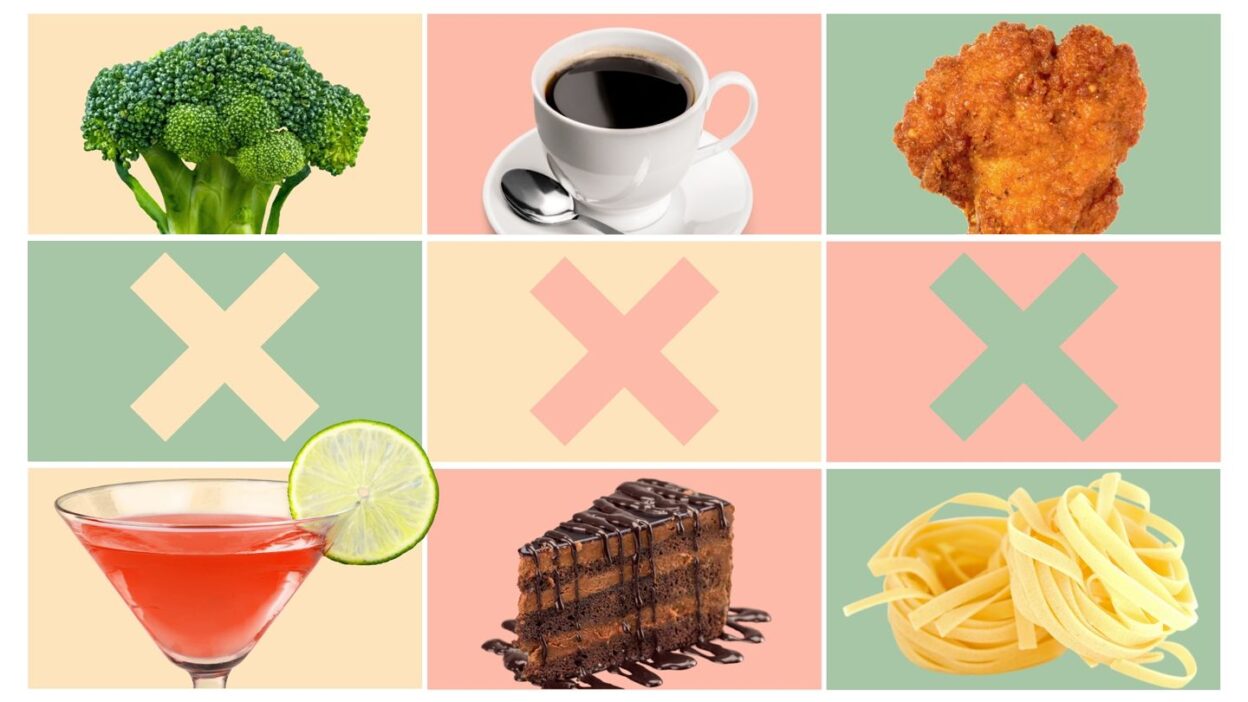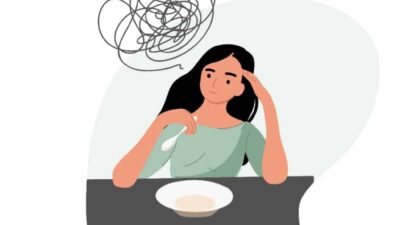The thyroid gland is a vital part of the human body, playing a key role in regulating bodily functions, including metabolism. When the gland is underactive (hypothyroidism), it can lead to wide-ranging health effects. In this context, diet plays a crucial role in managing and improving hypothyroidism.
- Thyroid’s Impact on Diet:
Hypothyroidism slows down metabolism and energy conversion, often leading to weight gain and difficulty in losing weight. Therefore, the diet needs to be adjusted to meet the body’s changing needs. - Essential Nutrients:
A proper diet for individuals with hypothyroidism should include adequate amounts of iodine and selenium, as these are essential for supporting thyroid function. - Calorie Management:
The diet should be balanced and carefully planned to help control weight. Avoiding excessive calorie intake promotes physical fitness and helps maintain a healthy body weight. - Protein Intake:
Protein is essential for building and maintaining body tissues, especially important for people with hypothyroidism. Healthy sources of protein such as legumes, lean meats, and fish should be included in the diet. - Fiber-Rich Diet:
A high-fiber diet supports digestion and reduces gastrointestinal issues, which can positively impact individuals with hypothyroidism.
In Summary:
Diet is a powerful tool in the management of hypothyroidism. When tailored to meet individual needs, it can enhance overall health and help control symptoms. Affected individuals should work closely with their doctors and nutritionists to develop a diet plan that improves their quality of life.




